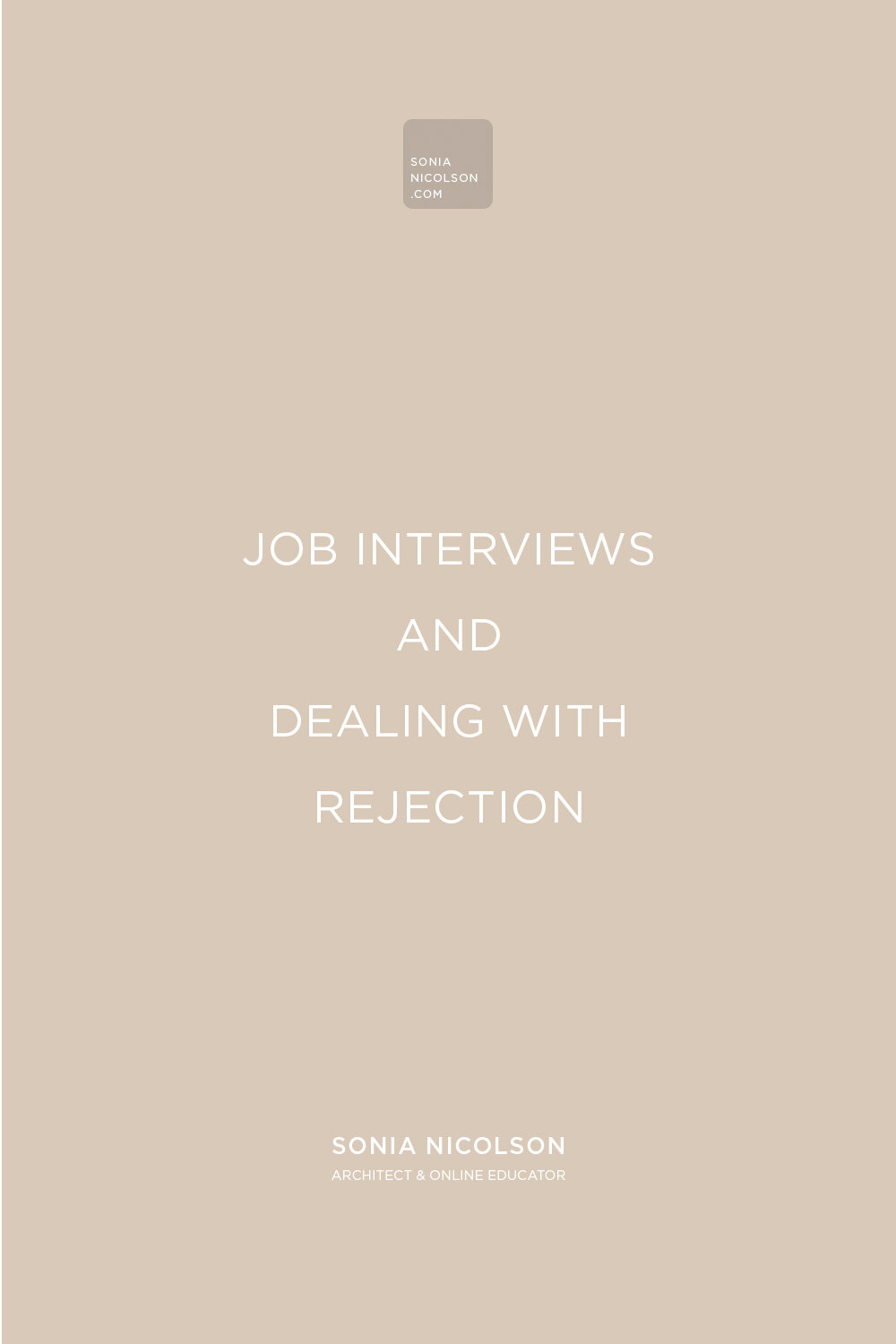Fight Your Imposter Syndrome
When it came time to apply to university, imposter syndrome hit - I wasn't sure I'd get in. I spent the summer mulling over my options and missed the UCAS deadline. But I plucked up the courage and figured I had nothing to lose. I went all in applying to pretty much all the Architecture courses on the Clearing list.
After a few weeks of phone calls and train journeys up and down the country with interviews and portfolio reviews - to my surprise, I was offered direct entry into the second year of the BA Hons Architecture program at my first choice school. This meant I could bypass the first year entirely because of my Diploma and experience in Interior Design.
I had done it, I was in. And I was about to find out how much work it was going to take. I accepted the offer and enrolled on the course the following month.
What is Clearing?
Clearing is a process used by universities in the UK to fill any remaining spaces on their courses. It's typically available to students who:
Didn’t receive the offers they hoped for.
Didn’t meet the conditional offers due to lower-than-expected exam results.
Are applying late, after the initial UCAS deadlines.
As a Senior Lecturer, I also have experience making offers to students who have applied through clearing. These students were a great addition to the cohort and no one knew they hadn’t applied alongside their classmates.
Clearing is a lifeline for many students who want to pursue higher education but have hit a few bumps along the way. It’s also a fantastic opportunity to reassess your goals and potentially discover new pathways.
University courses use clearing to top up their numbers and add to the mix of students. It’s not just about grades but about you, your story and reason for wanting to study your subject could win you a place. Diversity in the studio is so important, especially when encouraging collaboration and group projects.
Why Clearing Could Be the Perfect Route for You
Flexibility: Clearing offers a second chance to apply to university courses that might not have been available to you initially. It’s an opportunity to apply with your actual results rather than predicted grades.
New Opportunities: You may find courses or universities that weren’t on your radar before. You might discover a more tailored program that better fits your interests and previous experience.
Direct Entry Possibilities: If you’ve gained relevant experience through college or work experience, you might qualify for direct entry into a later year of your chosen course, like my second-year entry into Architecture.
Key Steps for Applying to University Through Clearing
If you’re considering applying through clearing, here’s a checklist to guide you through the process:
Research Your Options
Identify which universities still have open spots for your desired course. The UCAS website lists available courses during the clearing period.
Review the course details carefully to ensure it aligns with your career goals and interests. Feel free to pick up the phone and ask the course team as many questions as they would ask you in an interview.
Prepare Your Documents
Have all your exam results and any relevant qualifications to hand.
Made a personal statement.
Be ready to explain why you want to study the course and how your background makes you a suitable candidate.
For architecture and design courses, your portfolio is critical. Make sure it’s updated and showcases your best work. I always say that less is more, and remember white space is good so don’t overcrowd pages.















